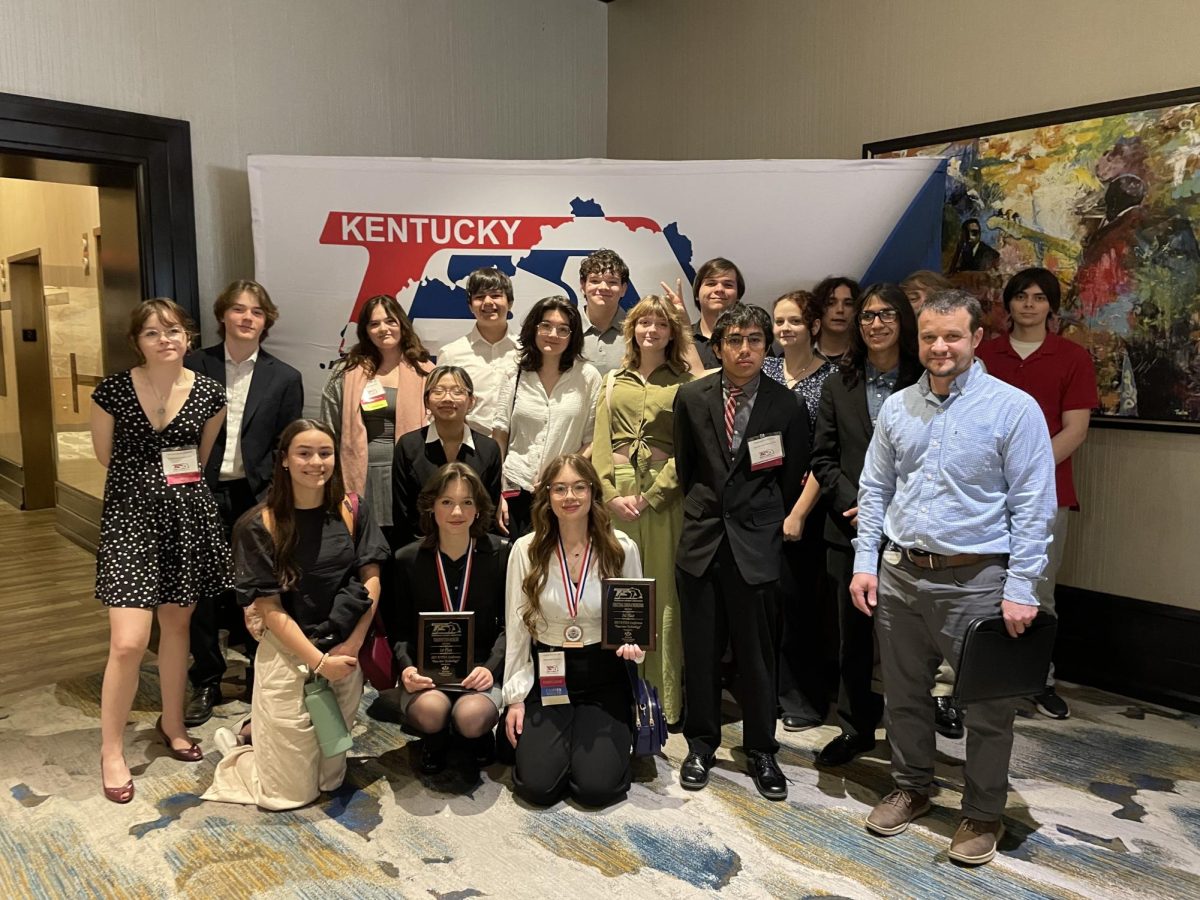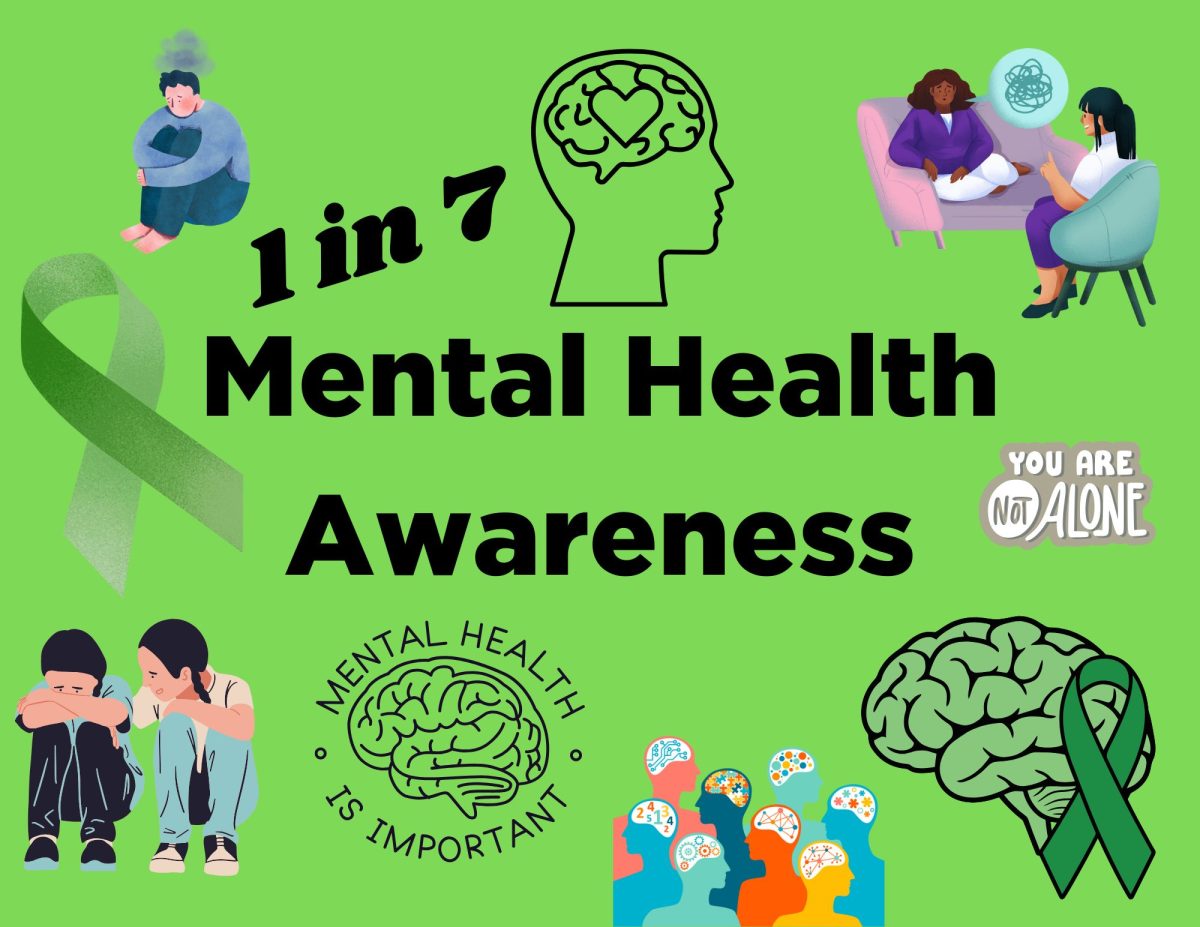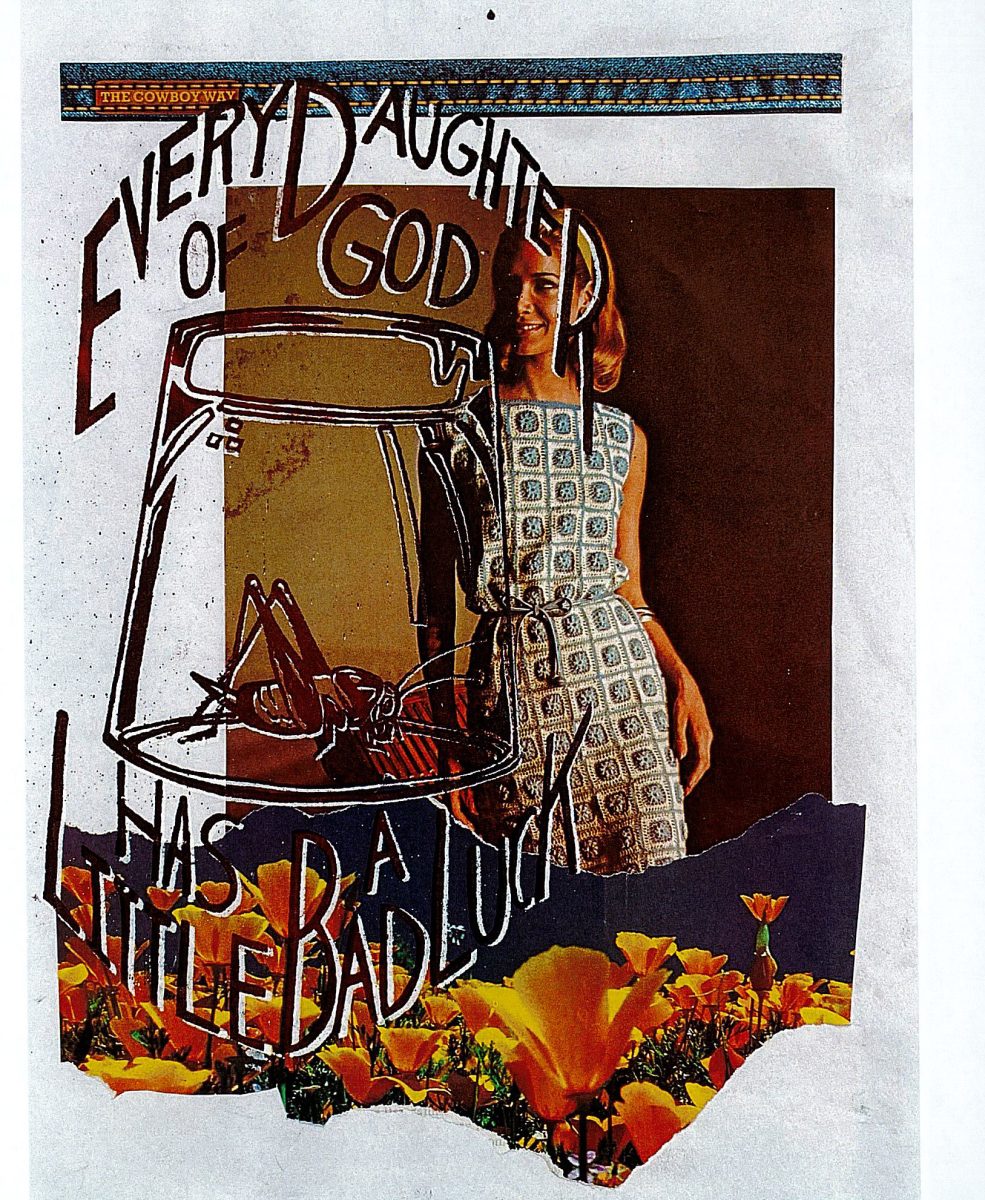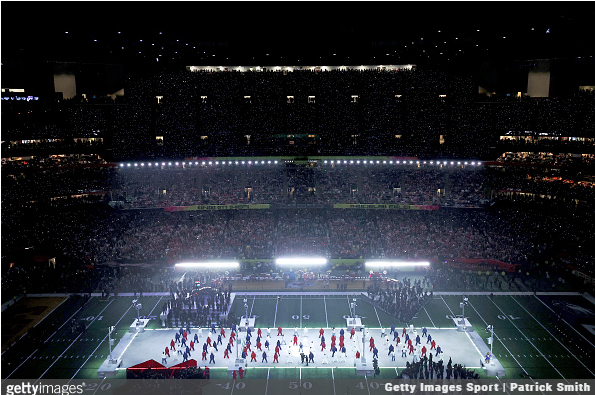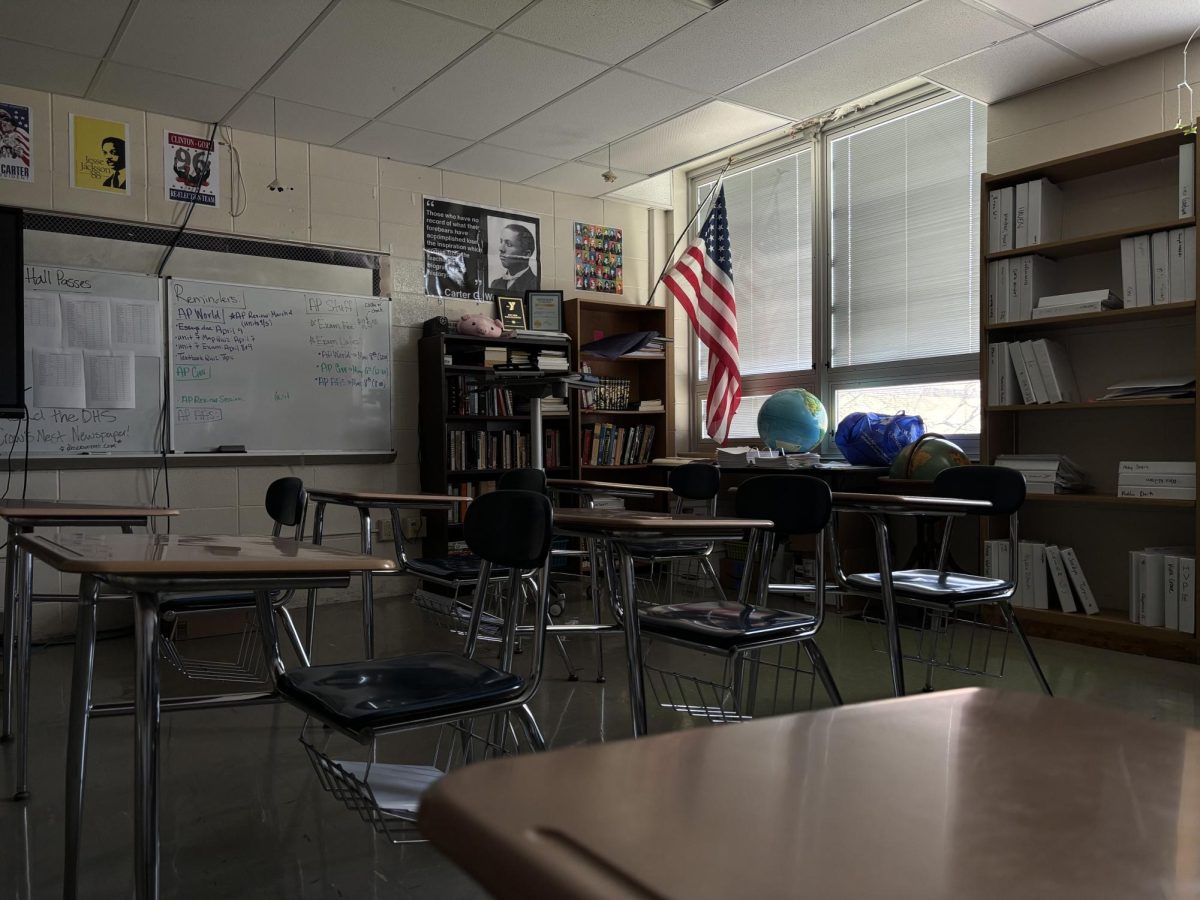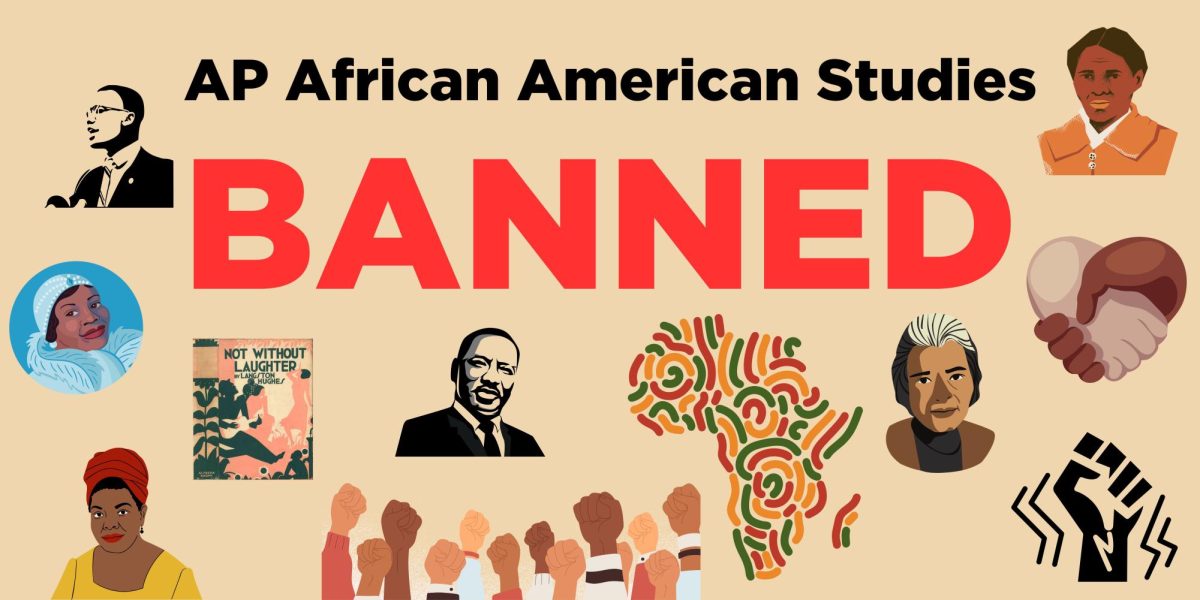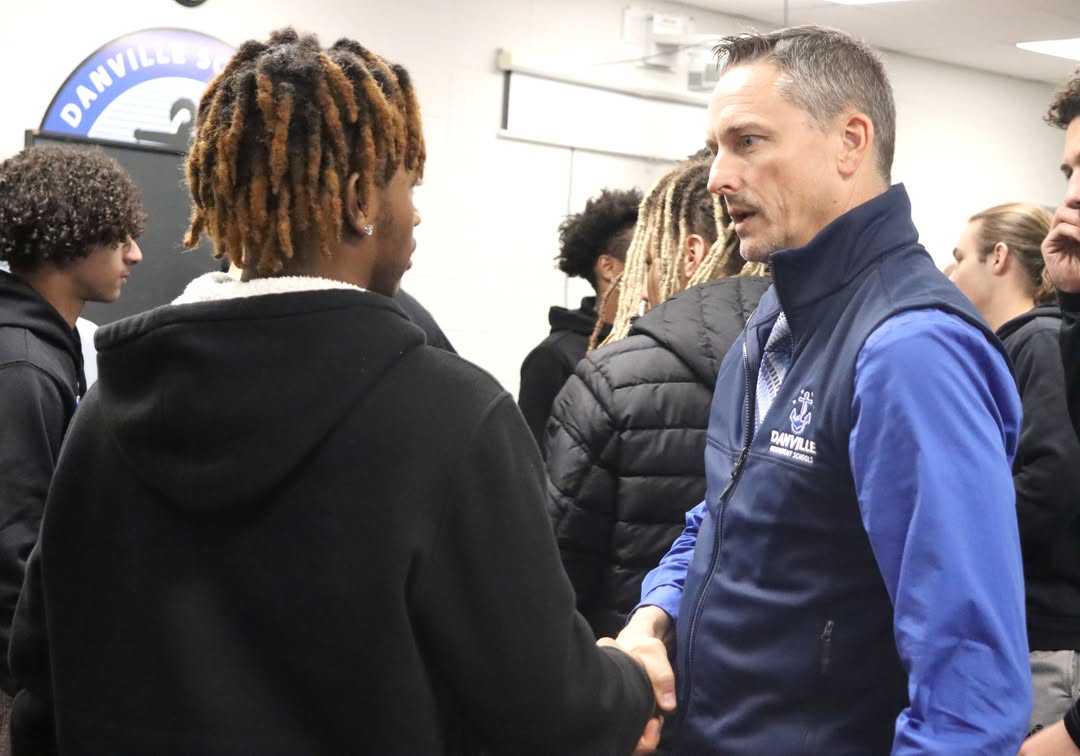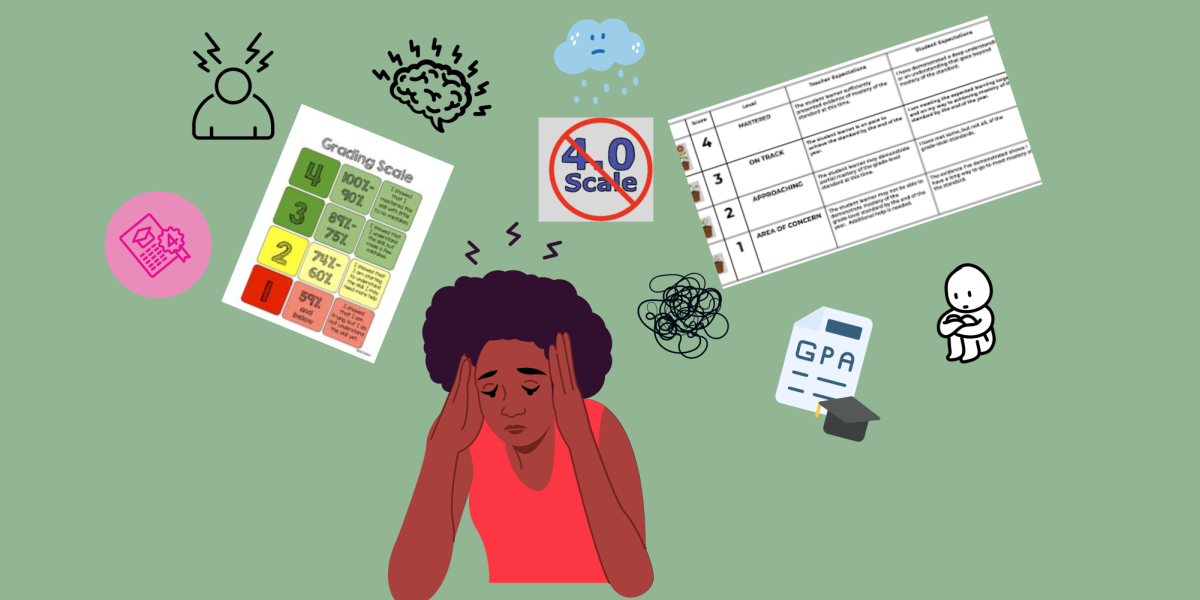Without the contributions made by Africans and African Americans, our country would not look how it does today. With that context, it is surprising that an Advanced Placement class solely focused on African and African American history was only officially launched in August 2024, according to College Board (it was offered in the previous years as a pilot class).
Seven hundred schools nationwide now offer AP African American Studies, according to the National Education Association. This is the first new AP class added since 2014. This course is offered at Danville High School this year and is taught by Mr. Tevin Washington.
“African American studies traces the experiences of African Americans and origins all the way up to the present day,” Washington said.
“I think many school teachers do not include African American history in the curriculum,” Washington said.“I know in several states that the teaching of such concepts is seen as divisive and school districts are not wanting to teach that history.”
This brings up an issue. States have started to restrict what can be taught about race in public schools. Florida passed the “Stop W.O.K.E.” law, and according to NPR this banned material in school about critical race theory (CRT). CRT is the theory that notes that systemic racism is a part of society and that race is a social construct. This law is what Gov. Ron DeSantis and other politicians in Florida used to justify the banning of AP African American Studies.
Unfortunately, this situation is not an isolated issue. AP African American Studies is banned in Florida, South Carolina and Arkansas. Education Week reports that these three states join 18 other states that have a law or policy that restricts certain lessons regarding race.
Similarly, in Kentucky, SB 138 was passed in 2022. Louisville Public Media details how this bill restricts the teaching of critical race theory, among other topics surrounding race, from being taught in Kentucky schools. Two previous bills in Kentucky have been passed that attempted to control how teachers talk about race.
When asked if he thinks current legislation will threaten AP African American Studies, Mr. Washington expresses his worry.
“I am concerned that it will be caught in the crosshairs of what is going on in our country,” Mr. Washington said. “I am hopeful and confident that at Danville Schools it will continue to be taught. I think there are people in positions of authority that believe that it should be taught and will support that decision.”
DHS junior Anna Watson said she likes that AP African American Studies dives deeply into the contributions of African Americans.
“I like that we go in depth learning about people, places, impacts, etc whereas most regular history classes would add it in as a side note,” Watson said.
Washington said the class also teaches about the resilience of these historical figures.
“This class is solely focused on African Americans’ story and conveying that African Americans are resilient— that they are members of society who have contributed across the ages, and I think it refocuses what we think of as American history and as world history,” he said.
Often history classes only cover what is considered to be the “highlights” of Black history.
“When it is taught [Black history] it is very much from the perspective of slavery, free the slaves, Martin Luther King, no more discrimination, and that is not the entire, accurate telling of the experiences, the lives and the accomplishments of African Americans,” Washington said.
If the trend of banning the class continues, students may lose access to the perspective this class provides and may not have a chance to fully understand and appreciate Black history.
Every school should strive to offer AP African American studies so students can explore Black history in an interdisciplinary way. This will allow for a more accurate and well rounded understanding of Black history from the beginning of the African Diaspora, all the way to the present day. Instead, some schools are being barred from offering this class because Black history is labeled as “controversial” or “lacking in educational value.”



